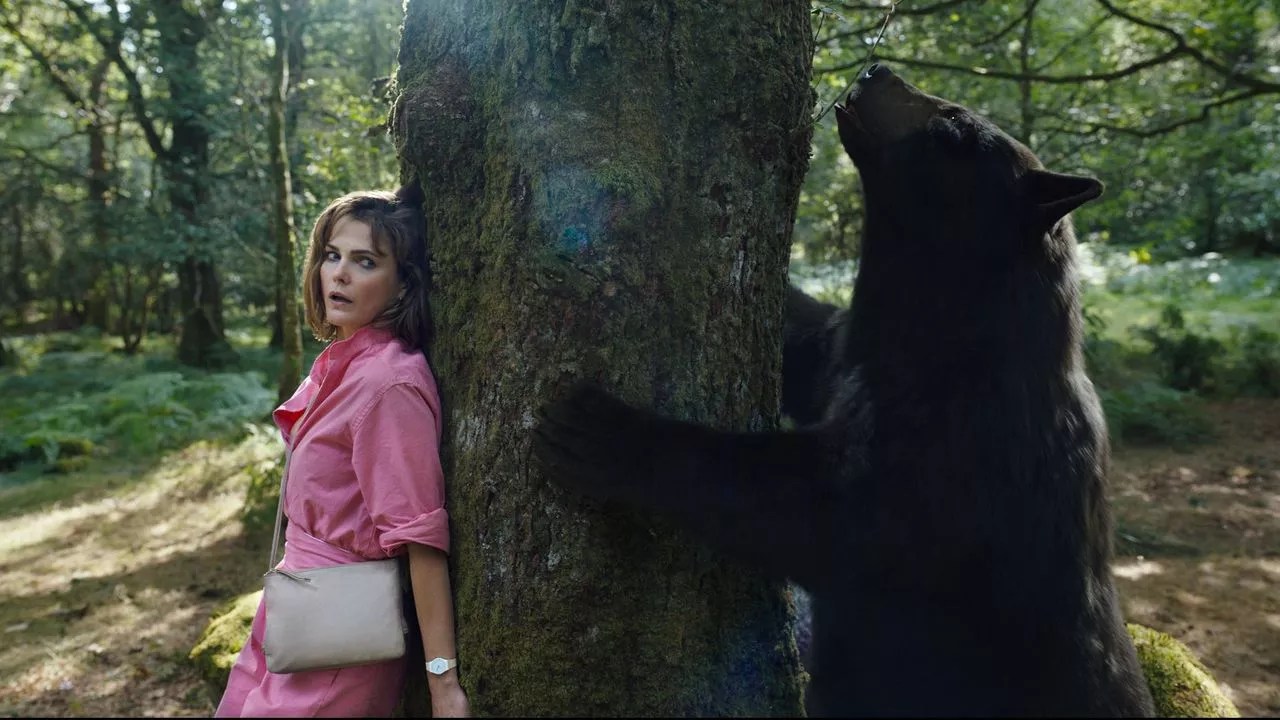
Universal Pictures

Audio By Carbonatix
Cocaine Bear gave movie theaters a bump over the weekend, earning over $23 million. While there are no reported incidents of bears eating cocaine in the Colorado wilderness (we wouldn’t be shocked, though, given the state’s high consumption of the drug), bears have been known to run off with other stashes.
The comedy-horror-action flick is based on a true story from 1985, when a 200-pound black bear ingested 75 pounds of poorly smuggled cocaine in the north Georgia forest. In a New York Times article following Cocaine Bear‘s release, author Emily Anthes followed various party animals around the country, from drunken birds to a raccoon found to have ingested weed and benzodiazepines.
Colorado has had its ursine episodes, too, but they didn’t end up as gruesome as those in the movie, or as sad as the true story.
The first – and perhaps best – Colorado story shared in the Times report took place just over two years ago in Cotopaxi, a small town near Salida on the Arkansas River. According to Anthes, in October 2020 a local man reported that a bear had raided his outdoor freezer, telling Colorado Parks and Wildlife that the animal had taken off with stored weed edibles. But the bear apparently avoided a Harold & Kumar Go to White Castle munchies dilemma by adding a bag of frozen French fries to the caper.
Another Colorado resident once reported that a bear “had run off with a cooler of beer”; according to Parks and Wildlife, bears biting into beer cans is relatively common as they cope with increasing human activity in their habitats.
One story that didn’t make the Times: In 2019, a security camera in Lyons caught a bear breaking into the back of a dispensary and setting its sights on the store’s dumpster. Some dispensaries do toss marijuana plants and products in trash containers, but state laws mandate that these businesses must keep their dumpsters locked. That didn’t deter the bear, though, which got on its hind legs and dragged the dumpster off site, then spent about two hours trying and failing to break the thing open.
In the real incident that inspired Cocaine Bear, no one was murdered by a cocaine-enraged animal, and the actual bear died shortly after eating all of that blow. While Colorado’s own episodes weren’t fatal for the animals involved, they speak to the dangers that hungry bears encounter as humans spread into former wilderness areas.
According to Parks and Wildlife, we usually leave behind garbage, plastics and other toxic materials rather than drugs. But whether it’s beer cans or bricks of blow, the message remains the same: Pack it in, pack it out.